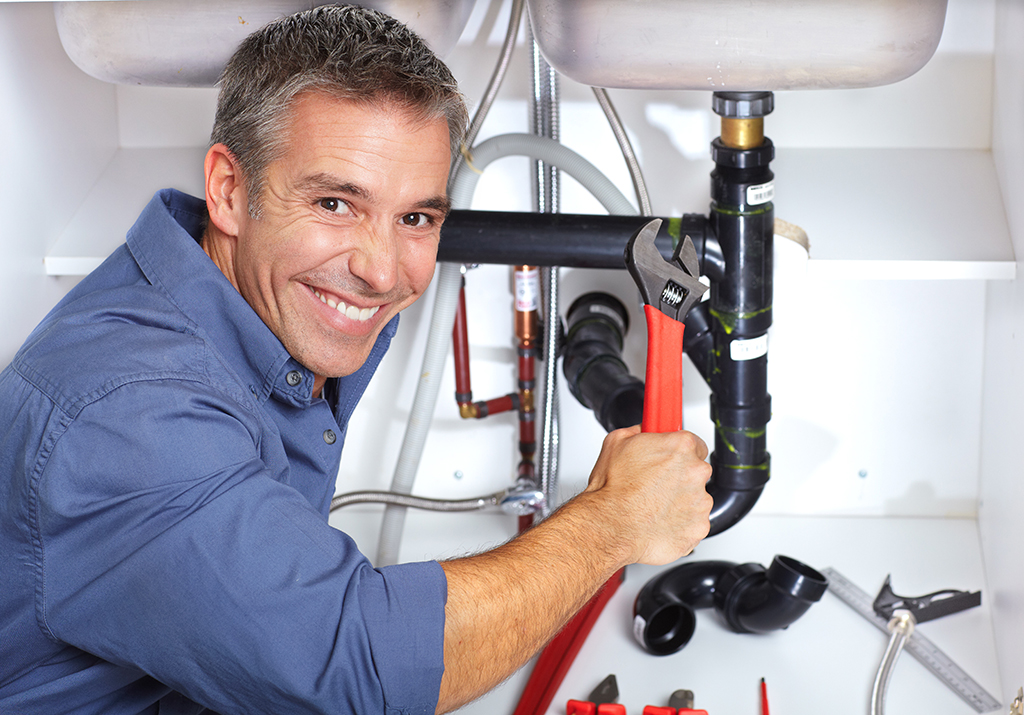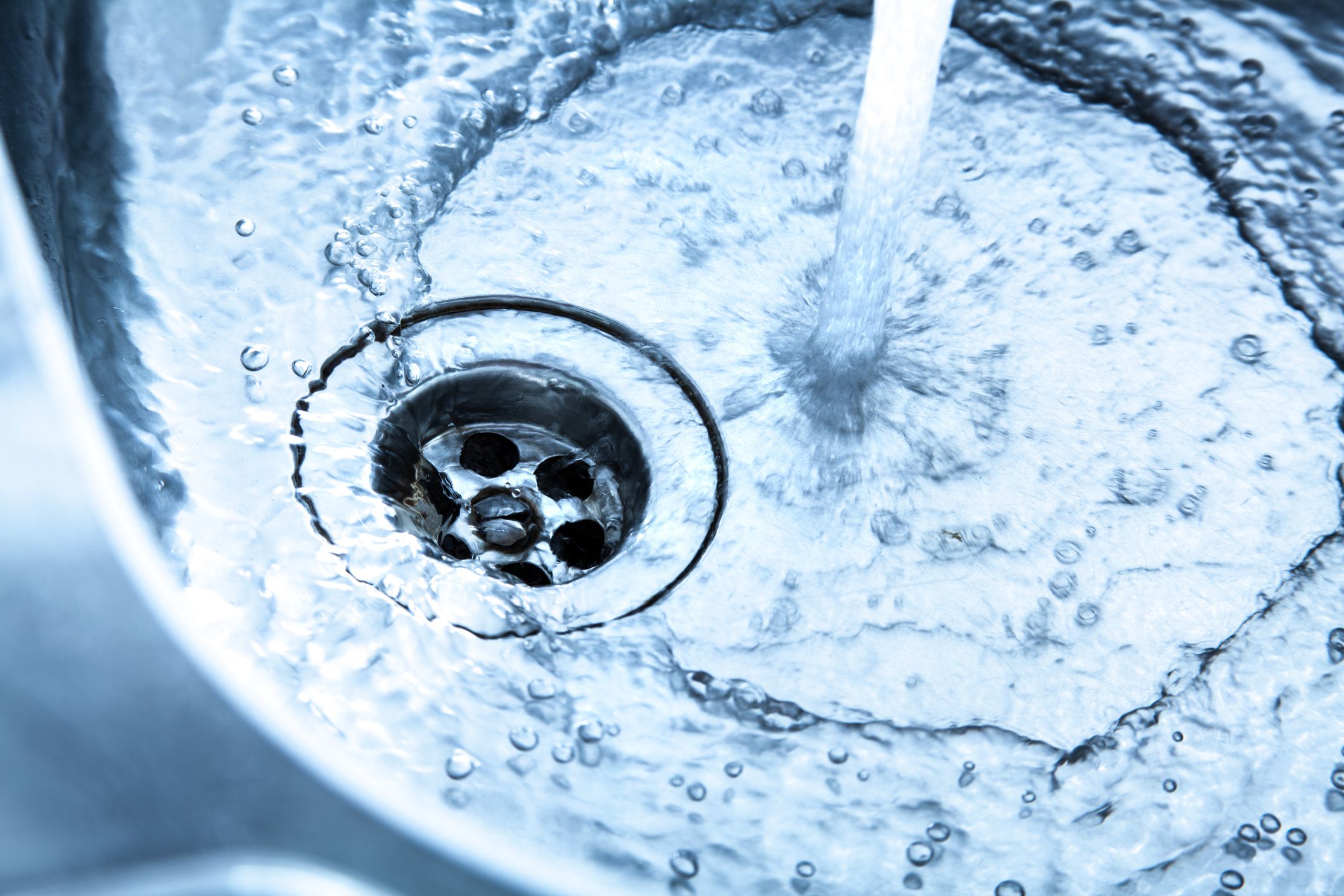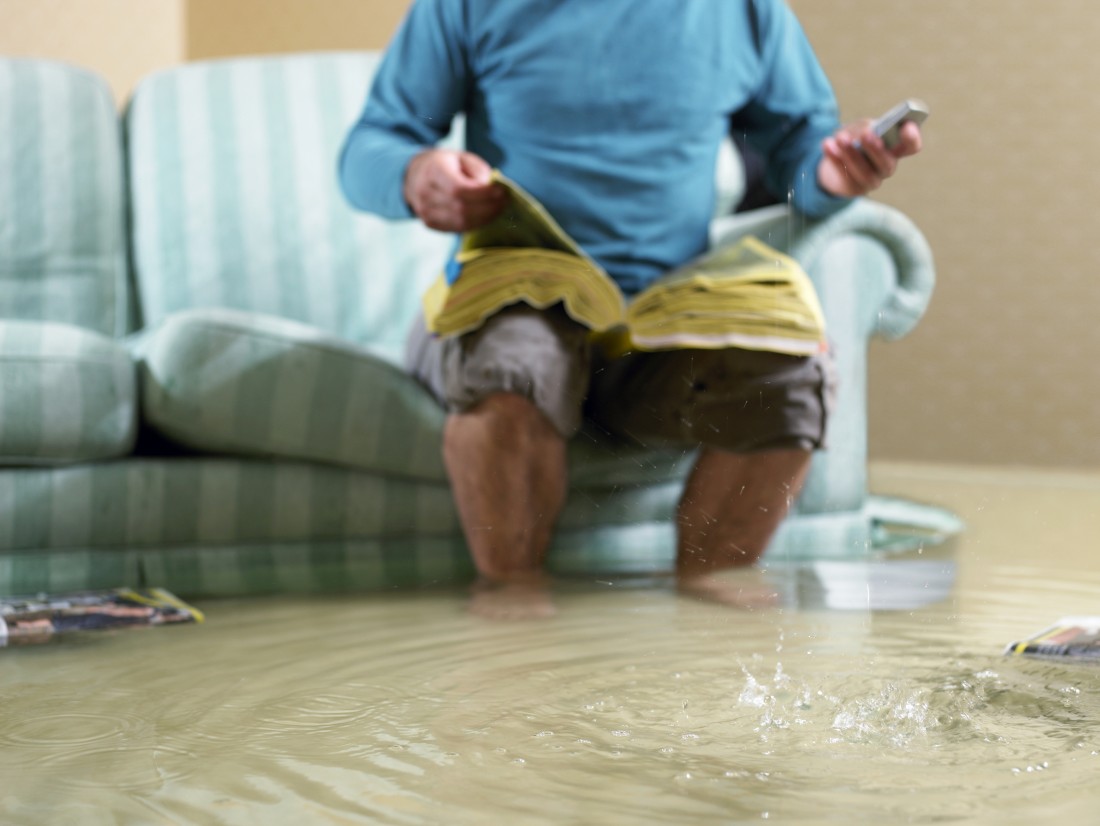Leakage from taps and faucets
You might be able to repair leaky faucets or taps yourself if you have some expertise. These leaks can go unnoticed for weeks or even months if your day is hectic. Even though your tap drops approximately 10 times per hour, it will still cost you hundreds of liters more water over the course of a calendar year. Not all leaks can simply be fixed with a few screws. Sometimes, there is a problem in the water pressure or breakage of the pipes that can only be addressed by a plumber.
Clogged drains can block the drainage system and make it difficult to drain
To clear blocked drains, a plunger can be used, which is similar to a toilet plunger. If this fails, you will need to hire a plumber. These plumbers have special equipment that can be used in pipes to determine what is clogging your drains. This will help them not only remove it permanently but also help you plan how to prevent it from happening again.

Water is not available
Nothing is more frustrating than turning the faucet on your kitchen sink only to find that it doesn’t work. You most likely didn’t forget about your water bill. A more serious plumbing problem is likely to be the cause. There are many reasons why water isn’t being delivered to your home. You might have a hidden blockage or leak. It would be easy to identify the source of the problem if all your plumbing were exposed. The majority of your plumbing is hidden behind walls or under your walls. Plumbers, on the other side, will use diagnostic tools to find the root cause and fix it. You can read about Six Ways to Reduce Water Waste by visiting https://geersplumbing.net/six-ways-to-reduce-water-waste/
Water pipes burst
If not dealt with quickly, pipes can explode and cause severe damage. Your local plumber can help you identify which pipes have been damaged. Your local plumbers will be able to tell you if the pipe bursts behind your wall, in your backyard, or under your home’s foundation. This information can help you speed up the process and protect your property from expensive and unsightly floods. Your plumber can stop leakage from happening if he or she finds a bulging pipe.
Toilets that overflow
If your toilet is leaking, turn off the water supply. If your toilet overflows, turn off the water supply and make use of other facilities until an inspector can inspect it. Most toilets have a water shutoff located beneath the bowl. It can be found either on the back or on the left. If your toilet begins to leak after flushing, it is most likely a blockage. Because it traps any trapped material, a plunger can remove most toilet blockages. If a few plunges fail to solve the problem, call a plumber. A professional plumber will be able to quickly unclog the drain and diagnose the problem.
Call a plumber if you have any questions. A plumber can diagnose and recommend a solution if you aren’t sure if you have caused the problem or exacerbated it.

